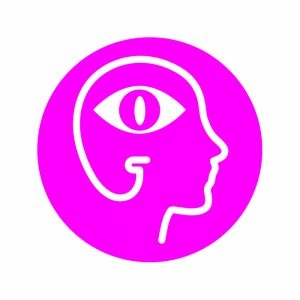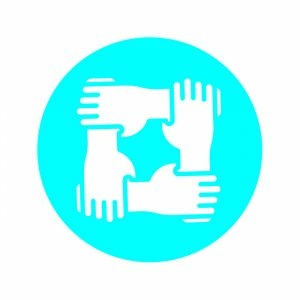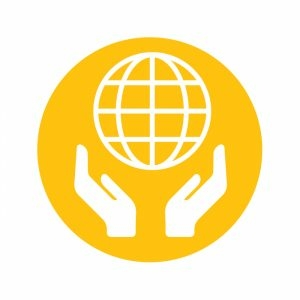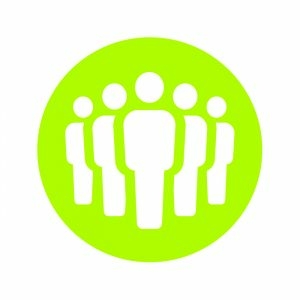
UIS Star Map
The UIS Star Map, launched in August 2019, is a curriculum developed by the Division of Student Affairs to help guide the learning that students receive in and outside of the classroom. As a result of their experience at UIS, students will become leaders who understand the importance of cultivating inclusive communities.

Learning Goals and Outcomes
Learning Goal 1: Self-Awareness
Students will be able to identify and comprehend their emotions, interests and abilities as they cultivate a sense of self-worth and acknowledge the worth of others.
Self-awareness is the ability to recognize, examine and regulate one’s thoughts, feelings and behaviors. It requires engaging in a continual process of self-exploration and seeking out multiple perspectives in order to develop personal principles, values and a sense of purpose that will guide one’s life. This involves accepting responsibility for one’s actions and evaluating their impact on others. Self-awareness is a life-long process that requires self-care and the ability to think critically about one’s needs and contributions in the broader context of society.
Each student will be able to:
- 1.1: accurately describe themselves
- 1.2: discuss how they are learning and growing
- 1.3: appropriately advocate for themselves
- 1.4: evaluate their impact on others
Learning Goal 2: Connections

Students will understand meaningful connections as the foundation for their continued development.
Connection is how one learns to interact with others, work through conflict and create mutually supportive relationships that guide long-term success and happiness. One begins by exploring different avenues of engagement, while making connections on both a personal and professional level. This requires showing respect for others and identifying various ways to build genuine connections which contribute positively to communities.
Each student will be able to:
- 2.1: describe healthy relationships
- 2.2: build authentic relationships
- 2.3: demonstrate respect for others
- 2.4: contribute intentionally to communities
Learning Goal 3: Inclusion
Students will understand inclusion as both being socially aware and globally-focused.

Inclusion is demonstrating that all people are valued, respected and equal through one’s thoughts, beliefs and actions. This entails understanding the cultural development of biases, as well as inherent and acquired privilege and status, and how these shape the world around us. As a result, one can better understand another perspective and experience. Inclusive individuals engage in continual self-evaluation and possess the ability to change their thoughts, beliefs and actions. All of humanity is interconnected, and we have a responsibility to create positive communities around the world by holding ourselves and others accountable.
Each student will be able to:
- 3.1: define terms and concepts related to inclusion and diversity
- 3.2: articulate their identities
- 3.3: communicate effectively across differences
- 3.4: advocate for more socially just and equitable communities
Learning Goal 4: Leadership

Students will understand leadership as both taking action and creating legacy.
Leadership is the ability to motivate, persuade and develop common purpose among others that promotes change. Positional leadership is one way to engage in change, but leaders can find many ways to shape the future. This requires an understanding of the past in order to take action in the present that leads to an intended future. Leadership goes beyond learning and involves doing. Leadership is an active engagement in skill development to improve oneself and the surrounding environment. This requires being thoughtful about the future one’s leadership is building toward.
Each student will be able to:
- 4.1: describe the attributes of a leader
- 4.2: engage as a leader
- 4.3 evaluate their leadership
- 4.4 develop future leaders